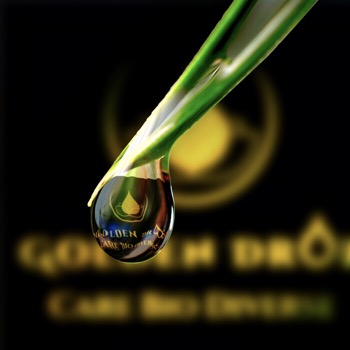Debunking Myths and Misconceptions about CBD Oil
Introduction:
CBD (cannabidiol) is a non-psychoactive compound found in cannabis plants that has gained popularity in recent years for its potential health benefits. However, with the rise in popularity, there has also been an increase in myths and misconceptions about CBD oil. In this post, we’ll take a closer look at some common myths and misconceptions about CBD oil and separate fact from fiction.
Myth #1: CBD Oil Gets You High
One of the biggest misconceptions about CBD oil is that it gets you high. However, CBD is a non-psychoactive compound, which means it does not produce the characteristic “high” associated with cannabis use. THC (tetrahydrocannabinol) is the compound responsible for the psychoactive effects of cannabis.
Myth #2: CBD Oil is Illegal
Another common myth about CBD oil is that it is illegal. However, the legal status of CBD oil varies depending on the country and state. In the United States, for example, CBD oil derived from hemp plants is legal at the federal level, as long as it contains less than 0.3% THC. However, the legality of CBD oil derived from marijuana plants can vary by state.
Myth #3: CBD Oil is a Cure-All
While CBD oil has been found to potentially have a range of health benefits, it is not a cure-all. The research on the medical uses of CBD oil is still in its early stages, and more studies are needed to fully understand its potential benefits and risks.
Myth #4: All CBD Oil is the Same
Not all CBD oil is created equal. The quality and purity of CBD oil can vary depending on the manufacturer and the extraction method used. It is important to choose a reputable manufacturer and to look for third-party lab testing to ensure the purity and potency of the product.
Myth #5: You Can’t Fail a Drug Test from CBD Oil
While CBD oil is non-psychoactive and does not produce a “high,” it can still contain trace amounts of THC, which can potentially show up on a drug test. It is important to choose a CBD oil that is derived from hemp plants and contains less than 0.3% THC to minimize the risk of a positive drug test.
Conclusion:
CBD oil has gained popularity in recent years for its potential health benefits, but it is important to separate fact from fiction. By debunking common myths and misconceptions about CBD oil, we can better understand its potential benefits and risks. If you are considering using CBD oil for medical purposes, it is essential to consult with a healthcare professional who is knowledgeable about the use of cannabinoids for medical purposes to determine the appropriate treatment plan for your specific situation.

